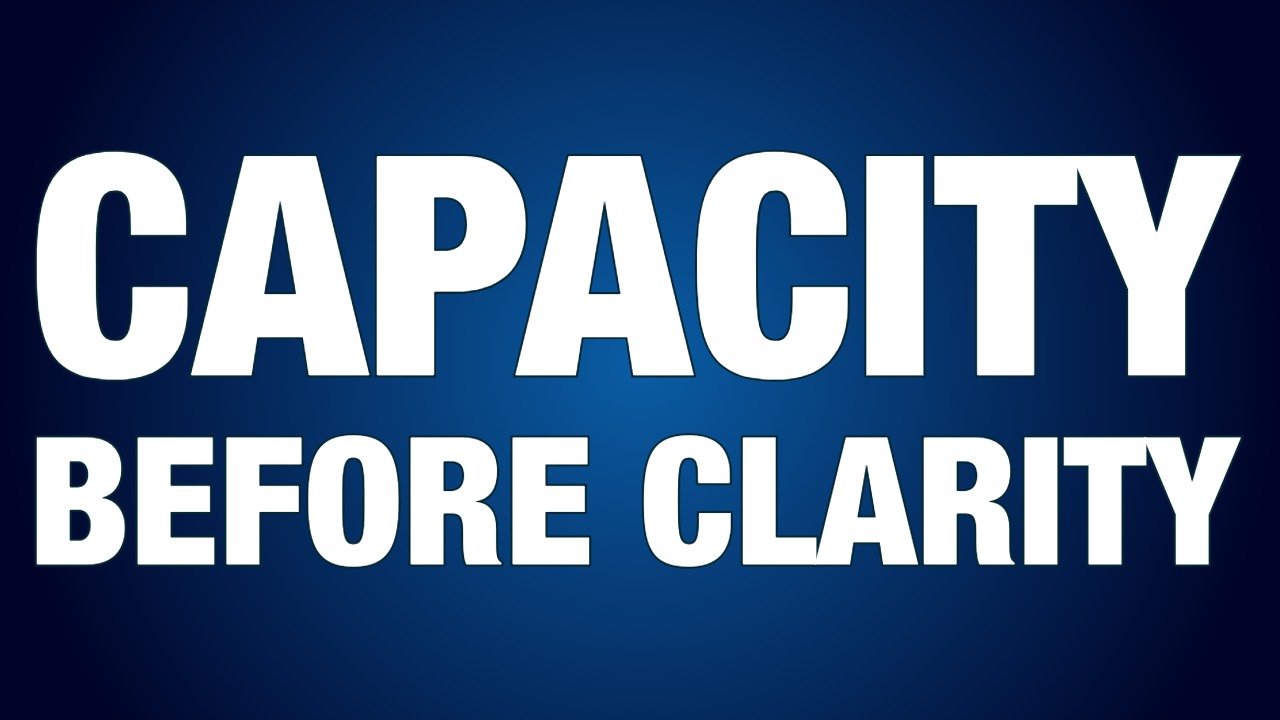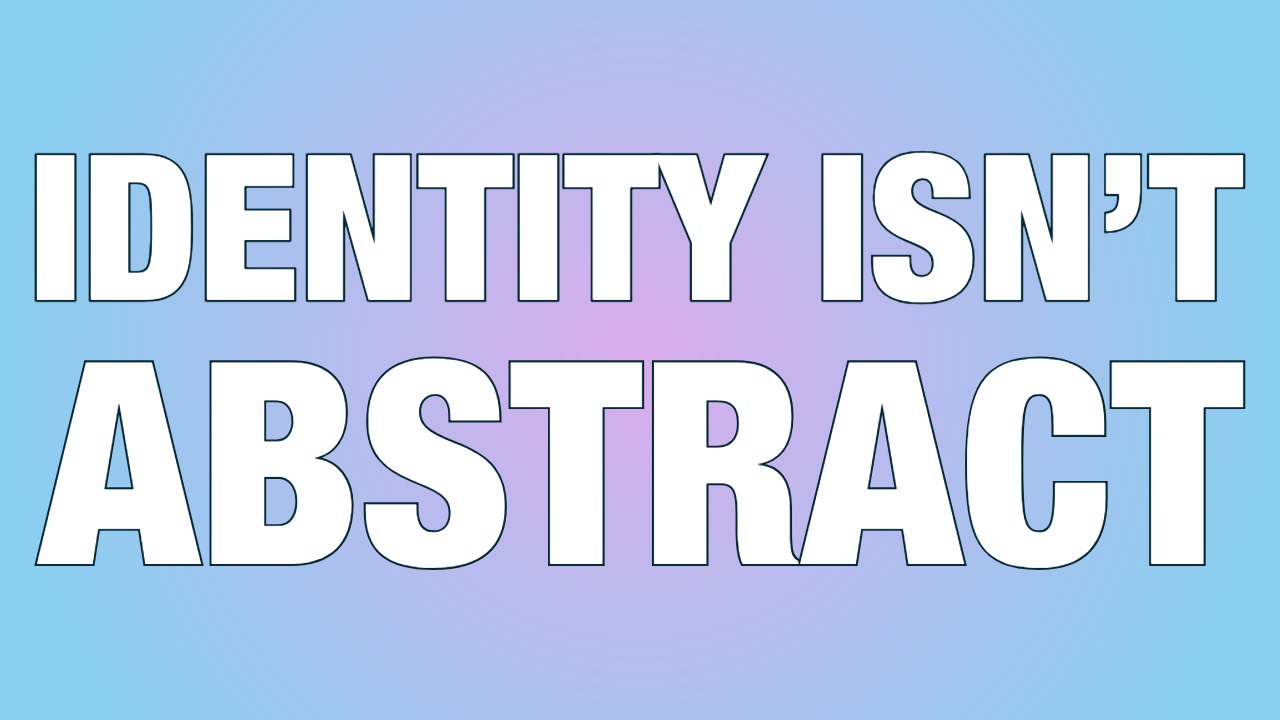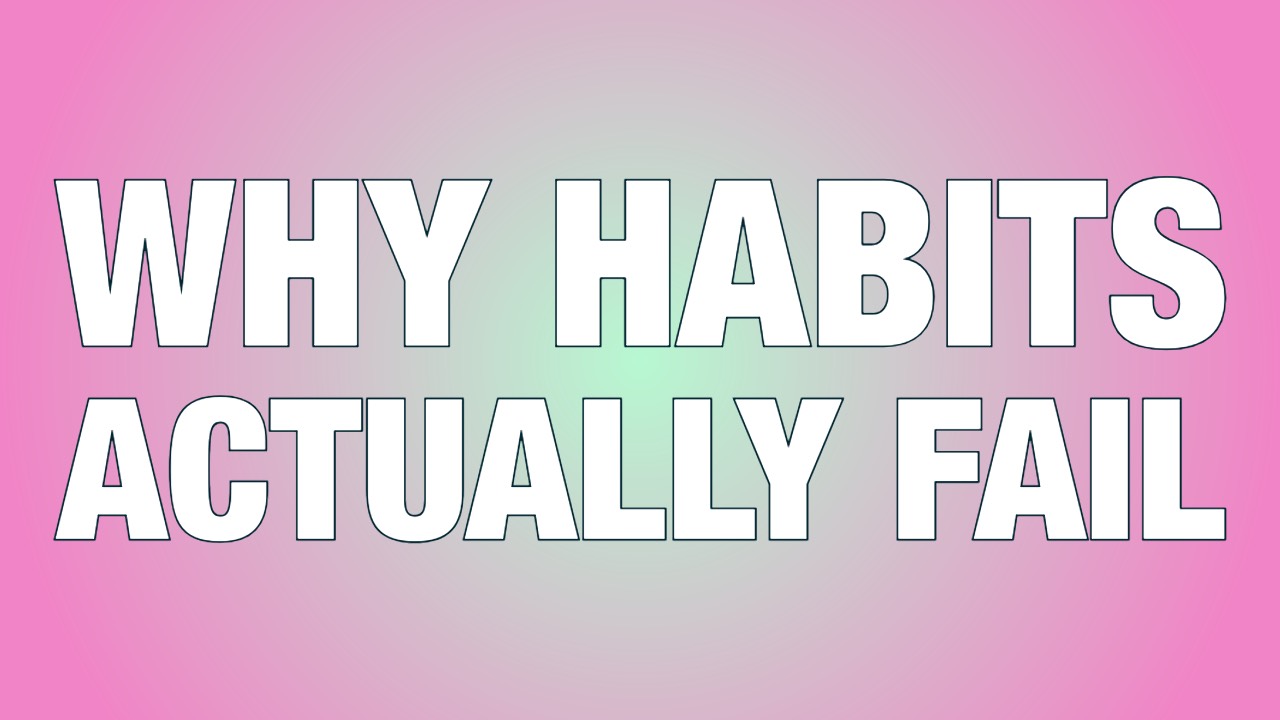The Compass Within: How Defining Your Core Values Shapes an Intentional Life
Most people don’t wake up one day and decide to feel lost.
It happens slowly — a thousand small compromises disguised as “responsibility.”
We chase promotions, build routines, accumulate titles, and call it growth. But somewhere along the way, something quieter fades — that steady hum of inner alignment.
You know the feeling: achieving what you thought you wanted, only to realize it doesn’t feel the way you imagined.
That’s not failure. That’s disconnection.
And the way back isn’t through bigger goals or new hacks. It’s through rediscovering the compass that’s been guiding you all along — your core values.
Why We Lose Ourselves in the First Place
Modern life rewards speed, not stillness. We’re taught to optimize, outperform, and “find purpose,” as if it’s a product we can subscribe to. But purpose isn’t found — it’s built from the inside out.
At the root of every meaningful decision, relationship, and success story lies a consistent thread: clarity of values.
Research in positive psychology (Seligman, 2002) shows that people who clearly define and live by their values experience greater life satisfaction, resilience, and emotional well-being.
Values aren’t fluffy ideals. They’re filters — the invisible criteria behind every “yes” and “no.” They determine how you spend your time, who you trust, and what you fight for.
When your actions and values align, you feel flow. When they diverge, you feel friction.
What Core Values Really Are
Core values are the non-negotiables — the principles that define what “a good life” means for you.
They shape identity, guide behavior, and determine how you navigate uncertainty.
Psychologists have spent decades studying why they matter:
-
Self-Determination Theory (Deci & Ryan, 1985): Humans thrive when their choices reflect autonomy, competence, and connection.
-
Cognitive Dissonance Theory (Festinger, 1957): Stress increases when we act against our own beliefs.
-
Narrative Identity Theory (McAdams, 1993): We build meaning by turning our experiences into stories that reflect our values.
So when you feel stuck or confused, it’s rarely a lack of ambition. It’s usually a lack of alignment.
Understanding your core values isn’t philosophical — it’s practical psychology. It gives you a framework for making decisions you can live with.
Looking Back to Move Forward
Your values didn’t appear out of nowhere — they were shaped by the story you’ve lived.
Think of your life like a map, full of turning points: the moments that hurt, humbled, or healed you. Those aren’t random memories. They’re clues.
In neuroscience, emotionally charged experiences create stronger neural connections (McGaugh, 2003) — meaning that what impacted you most also imprinted your values deepest.
Maybe you lost something and learned the value of presence. Maybe you fought for something and discovered the value of courage. Maybe you were ignored and learned to value authenticity above approval.
Reflection isn’t indulgence — it’s data. The past doesn’t define you, but it reveals you.
What You Admire Is What You’re Becoming
If your past shows you what shaped your values, your role models show you where they’re headed.
Who do you admire — and why?
That question isn’t about idolizing others; it’s about identifying mirrors. According to Social Learning Theory (Bandura, 1977), the qualities we admire in others are often the ones we’re unconsciously cultivating in ourselves.
When you see courage, compassion, or integrity in someone and feel inspired — that’s your nervous system saying, “That’s part of me, waiting to be lived.”
Admiration is aspiration in disguise.
Refining and Defining What Matters
Here’s where clarity becomes real: you can’t live by twenty values. You’ll drown in virtue-signaling chaos.
Choose a few — four to six at most. The ones that feel non-negotiable, alive, personal.
Psychologist Shalom Schwartz (1992) found that people who clarify a small number of consistent values report higher well-being and focus.
Then, define what each value means to you. Not dictionary definitions — lived ones.
“Integrity” isn’t about moral perfection. It’s keeping promises when no one’s watching.
“Growth” isn’t self-help addiction. It’s staying curious when it’s easier to be cynical.
“Love” isn’t grand gestures. It’s choosing empathy in small, inconvenient moments.
The clearer your values, the simpler your decisions.
From Story to System
Knowing your values is one thing. Living them daily is another.
That’s where narrative and habit collide.
Narrative psychology (McAdams, 1993) teaches that meaning is constructed through story — but habit formation research (Duhigg, 2012; Clear, 2018) shows that story becomes sustainable only through repetition.
You need both: the why and the when.
Build micro-habits that express your values.
If you value presence — put your phone down during dinner.
If you value vitality — walk every morning, no excuses.
If you value connection — schedule time to listen, not just talk.
Values without systems are poetry. Systems without values are machinery. Together, they’re character.
Creating a Personal Mantra
Once your values take shape, distill them into something simple and memorable — your mantra.
A single sentence that captures how you intend to live.
“I live courageously, guided by clarity and compassion.”
“Purpose over pressure. Growth over comfort.”
This isn’t self-help fluff. Neuroscience (Doidge, 2007) shows that repetition rewires pathways in the brain. The more you affirm who you are, the more your brain learns to behave like it’s true.
Your mantra is your North Star — something you can whisper when life gets noisy.
Living in Alignment
Alignment doesn’t mean perfection. It means awareness.
Every day, your actions will either reflect your values or reveal where you’ve drifted. That’s not failure — it’s feedback.
Use it.
Perform an Alignment Audit:
-
Where did I act in alignment today?
-
Where did I drift?
-
What can I adjust tomorrow?
Over time, this simple reflection builds integrity — not the moral kind, but the integrated kind.
Evolving the Compass
Here’s the final truth: your values will change as you do.
New seasons bring new clarity. Parenthood, grief, success — they all refine what matters. That’s not inconsistency; it’s growth.
Cognitive flexibility (Diamond, 2013) — the ability to adapt your thinking — is one of the strongest predictors of long-term fulfillment.
So revisit your compass every year. Don’t let it gather dust. Ask: Does this still feel true? Does this still feel alive?
The best compasses don’t point north forever — they point toward what’s real, right now.
Living by Your Compass
When you live by your values, you don’t just find direction — you find peace.
You stop chasing clarity because you’ve built it into your character.
You stop overthinking every decision because your compass already knows the way.
And the beauty of it? When you live by your values, your impact extends beyond you. You become the kind of person whose presence sharpens others’ alignment too.
“When we live by our values, we don’t just improve ourselves — we uplift everyone around us.”
So take a breath.
Revisit your story.
Refine your compass.
Write your mantra.
And then — live it. Every day.
Because integrity isn’t an ideal. It’s a rhythm.




Responses